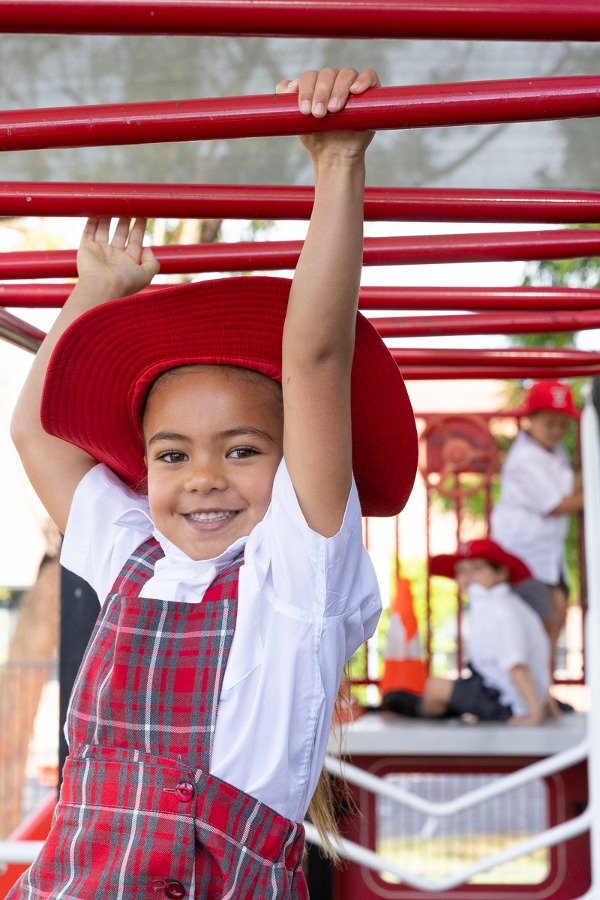St Columban’s is committed to the provision of a safe and supportive environment free from harassment and intimidation which promotes personal growth and positive self-esteem for all, both in and out of the classroom.
DEFINITION
The National Safe Schools Framework (2011) defines bullying as repeated verbal, physical, social or psychological behaviour that is harmful and involves the misuse of power by an individual or group towards one or more persons.
CYBERBULLYING
“…any form of bullying that utilises technology such as instant messaging, online chat rooms, online bulletin boards and email. In many ways this is a more insidious form of bullying since it may reach into a victim’s home.” In other words, technology now allows the bully to inflict psychological harm on his or her victim anywhere and anytime without respite. (Schools and the Law – Des Butler and Ben Matthews, p. 46).
Below are the responsibilities of stakeholders as outlined in the school’s Anti-Bullying Policy. A copy of this policy is on the school website.
RESPONSIBILITIES
THE PRINCIPAL WILL:
- ensure staff and parents are familiar with this policy and procedures
- be responsible for the implementation and evaluation of the school’s Bullying Policy and Procedures
- ensure the development, implementation and evaluation of preventative strategies and programs to promote student safety and well being
- empower the whole school community to recognise and respond appropriately to bullying or victimisation
- identify patterns of bullying behaviour and initiate school action as appropriate
- respond to reported incidents of bullying quickly and effectively
- provide support to any student who has been affected by bullying (victim, bully, witness)
- initiate police intervention if required
- monitor progress of any student involved in an incident of bullying
STAFF WILL:
- be familiar with the school’s Anti Bullying Policy and Procedures
- seek advice if clarification or confirmation of an alleged bullying incident is required
- promote and encourage positive relationships
- include student wellbeing into teaching and learning programs by providing curriculum and pedagogy that supports students to develop an understanding of bullying and its impact on individuals and the school community.
- model appropriate behaviour
- ensure playground supervision includes recognising and responding to incidents of bullying and differentiating between bullying, lack of social skills or rule breaking
- respond to a student’s call for assistance after his/her reporting of an incident of bullying. This includes bullying through the use of technology.
FAILURE TO TAKE ACTION MAY INDICATE A BREACH OF DUTY OF CARE OWED TO A STUDENT
- Immediately inform a member of the school executive of any incident which meets the definition of bullying.
- record details on Compass Student Pastoral information
- recognise and acknowledge students who demonstrate appropriate behaviours that promote and restore positive relationships
STUDENTS WILL:
- accept and respect individual difference and diversity
- have a clear understanding of what constitutes bullying behaviour and its possible effects on others
- behave as responsible digital citizens
- report any witnessed bullying incidents
- work collaboratively with staff to resolve any incidents of bullying
PARENTS WILL:
- be aware of the school’s Anti Bullying Policy and Procedures
- support their children in developing positive response to incidents of bullying
- share responsibility with teachers and students in dealing with bullying
- assist children in managing their behaviours
- notify school of all serious concerns
- report any incident of bullying to the Principal or class teacher
Please refer to the Diocese of Maitland-Newcastle Catholic Schools Office Anti-Bullying policy here:

